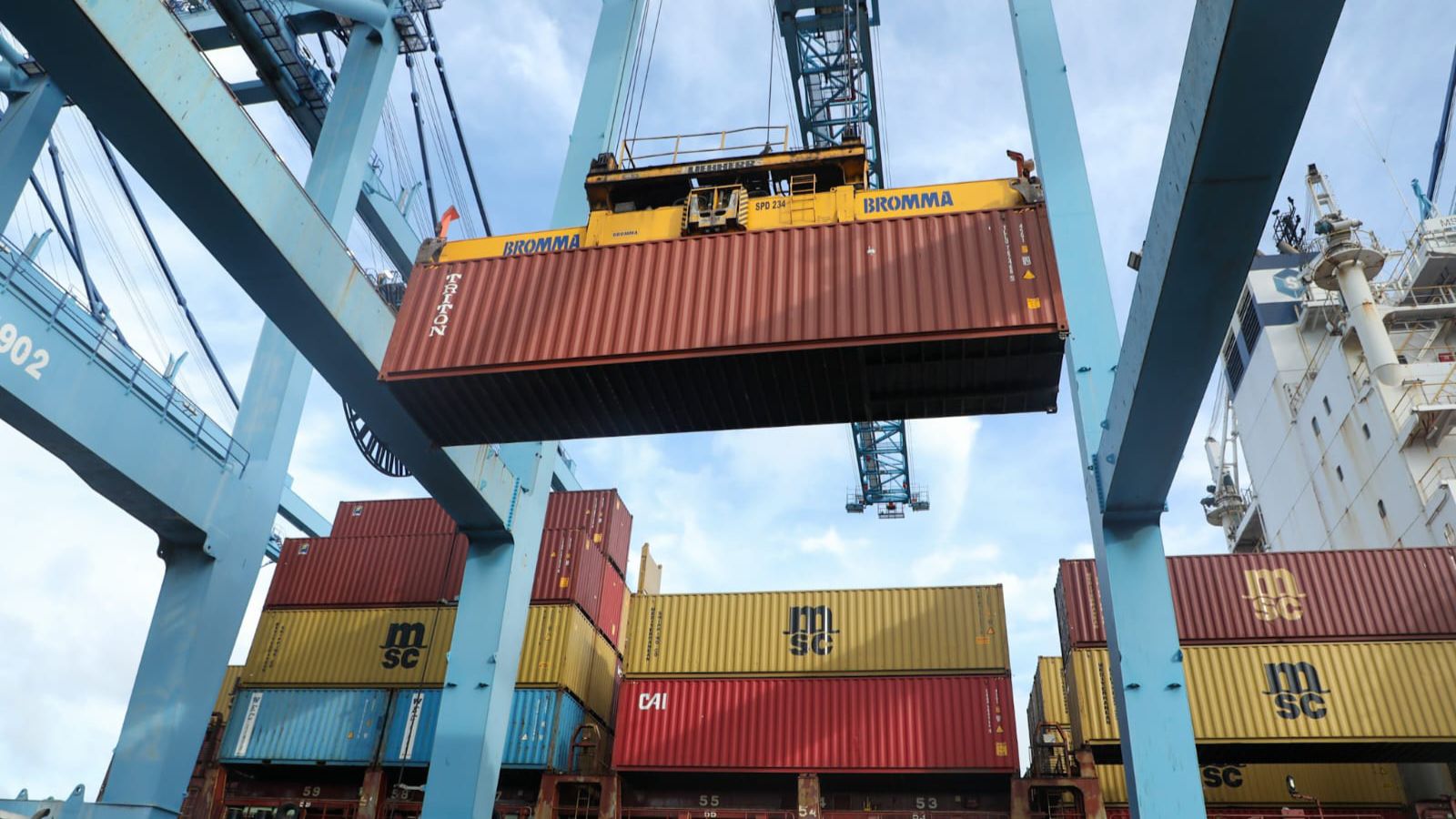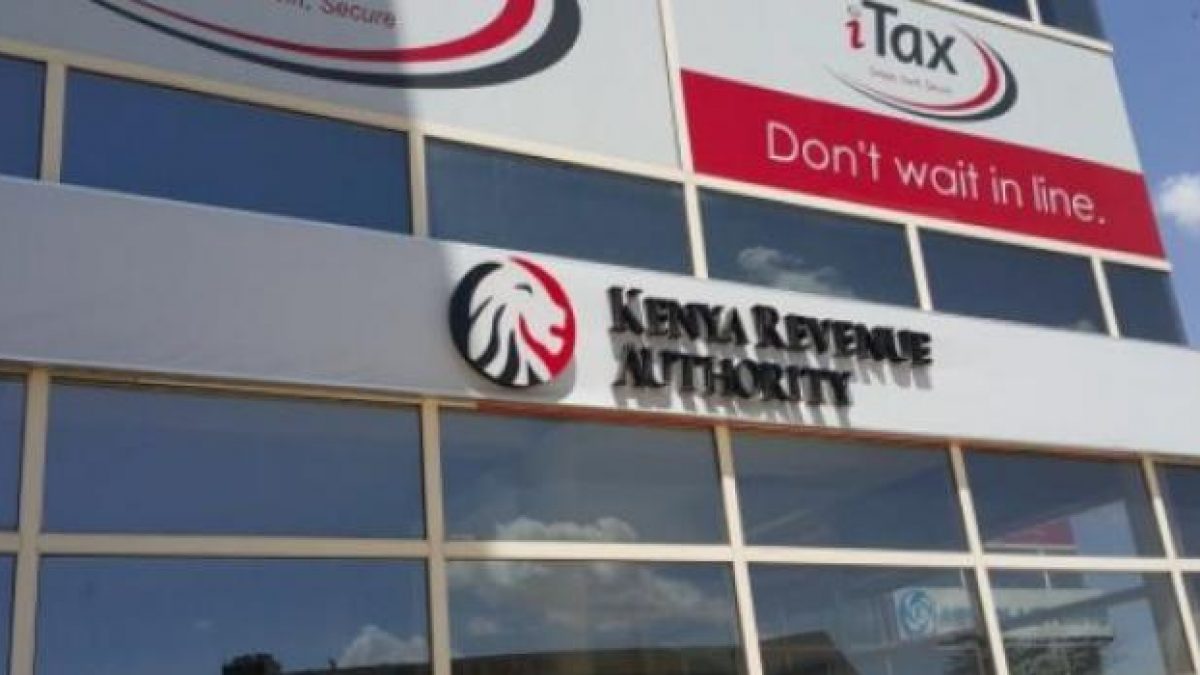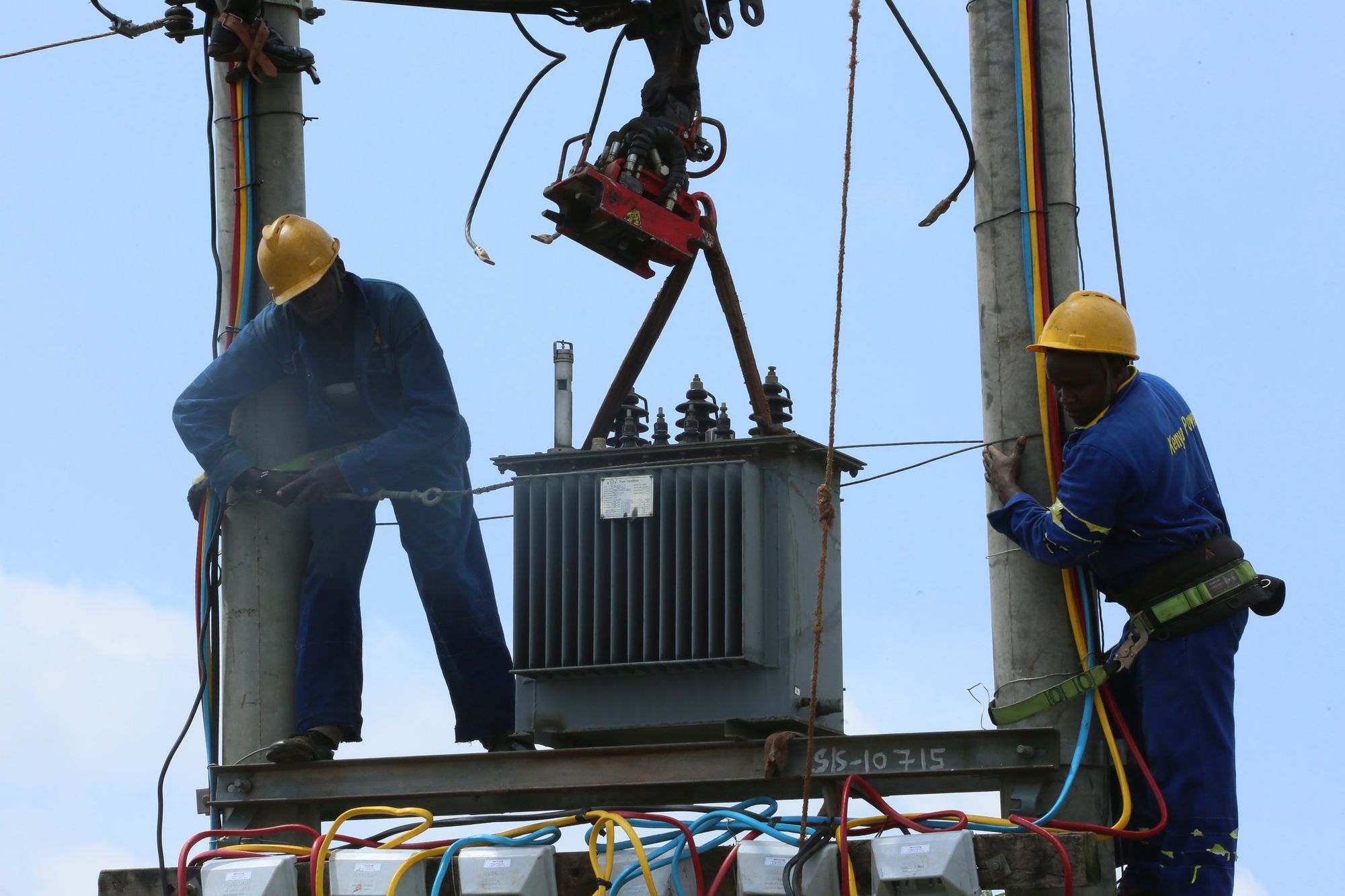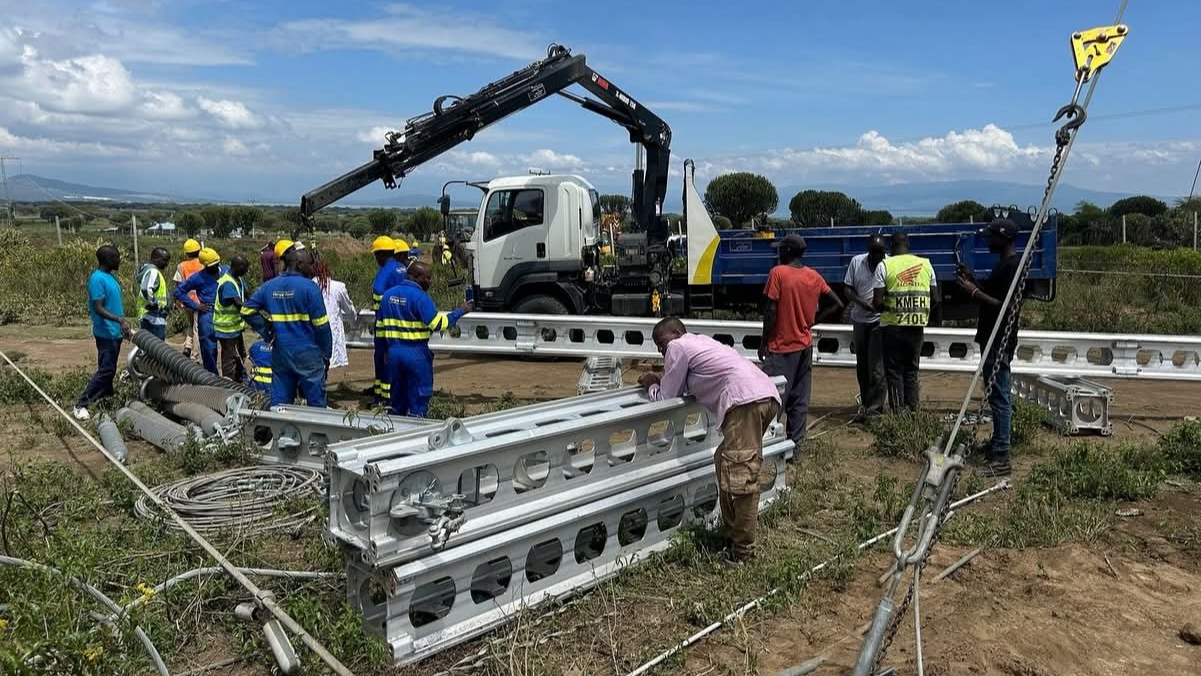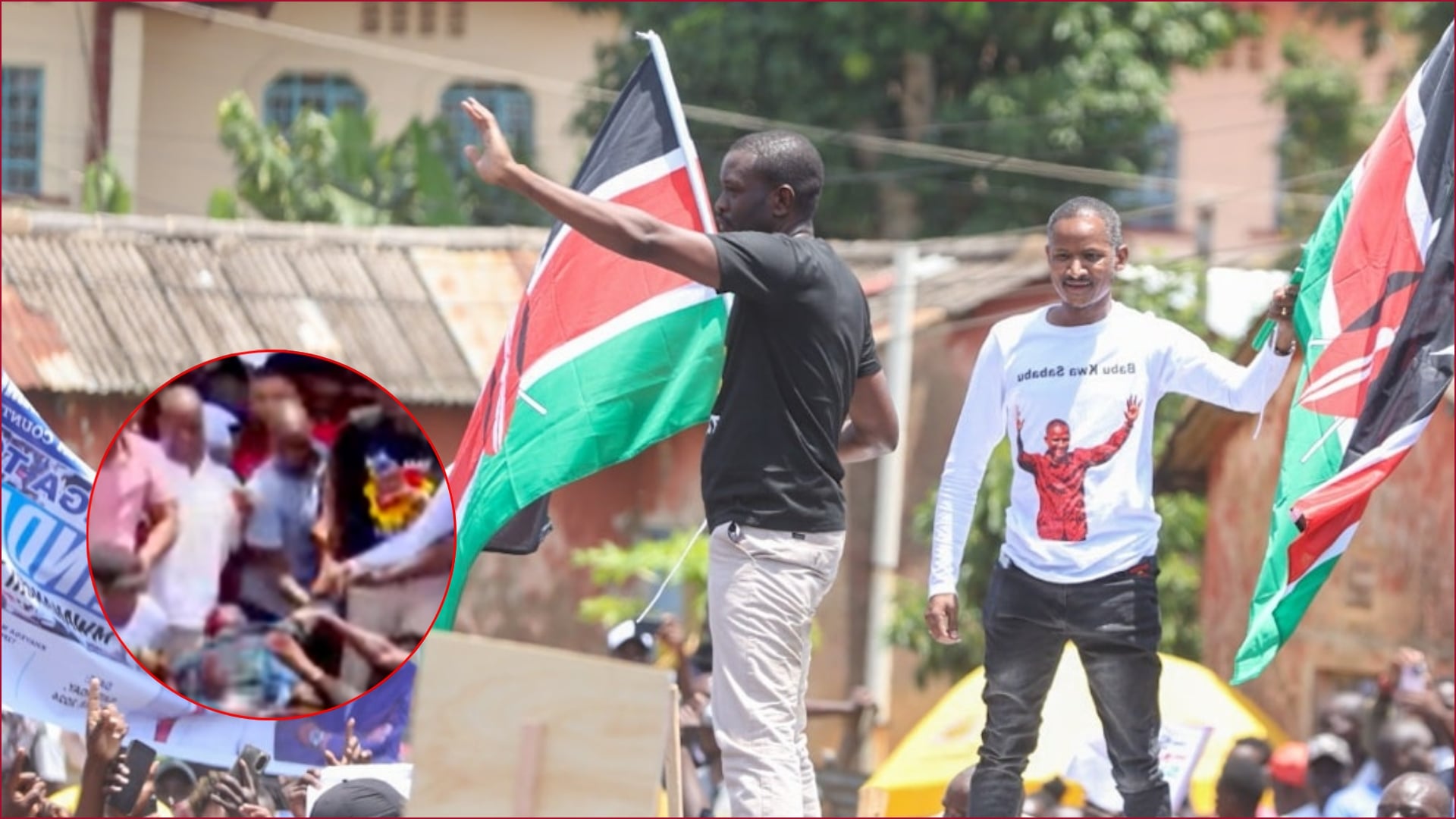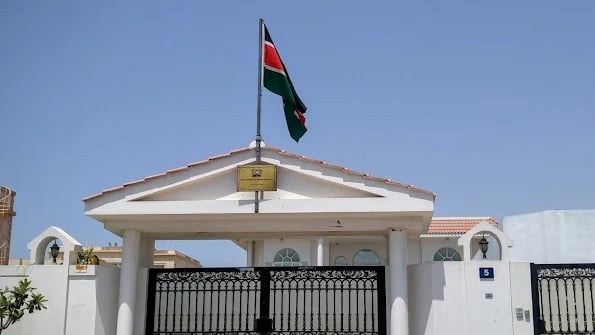National Assembly Finance Committee chairperson Kuria Kimani has revealed that many Kenyans have expressed reservations over Finance Bill amendments that will grant KRA access to their data and that of businesses.
Speaking after a public participation exercise in Kiambu County on Thursday, June 5, the official detailed that many Kenyans were concerned that their private data would be accessed by the taxman.
Kuria was referring to the Finance Bill amendments that proposed the deletion of section 59, 1B of the Tax Procedures Act, which bars KRA from integrating its systems with those of a business.
Section 59, 1B, reads, "furnish information relating to the tax liability of any person in the manner and by the time as specified in the notice."
The bill proposes: "Section 59A of the Tax Procedures Act is amended by deleting subsection (1B)."
Read More
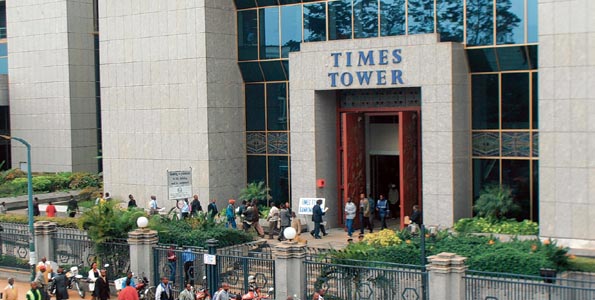
As a result, the chairperson of the committee noted that some businesses were afraid that they would have to share trade secrets with KRA.
For instance, the Architectural Association of Kenya (AAK) opined that such a move would allow KRA even access to details of house designs, and that is private data.
"One of the issues that is coming out clearly from the counties that we have visited is the issue of data privacy. Many Kenyans have come out and said that they do not think KRA, having access to their private data, is good," he stated.
"The one thing Kenyans have said that they do not want is having KRA to access their private data. For instance, here in Kiambu, the AAK has said that when they are drawing a house design for someone, that information is private and therefore, they will find it very difficult to share that information with KRA."
Meanwhile, it was revealed that many Kenyans were hesitant to support the provisions as KRA already has provisions for accessing the financial statements of Kenyans.
"They are wondering because the provisions in the Tax Procedures Act state that KRA can access your financial data. So the question is, why should they be given permission to access trade secrets and other private data?" Kimani reported.
The provisions to delete section 59, 1B of the Tax Procedures Act, have been supported by KRA as they noted that the move will enable them to catch up with tax cheats and Kenyans engaged in money laundering.
"For instance, if KRA wants to know whether entity A is declaring their fair share of tax, we ask them for their bank account, and then they will provide us with their bank statements. KRA will then look at the bank statements and compare them with what has been declared as their income, and if there are any variances, we always come back and ask why there are any differences."
"Instead of KRA asking you every now and then to give the statement, why not have the bank give us the statement in advance so that those who are tax cheats are caught in good time?" Nickson Omondi, an official from KRA's digital tax office, explained last month.
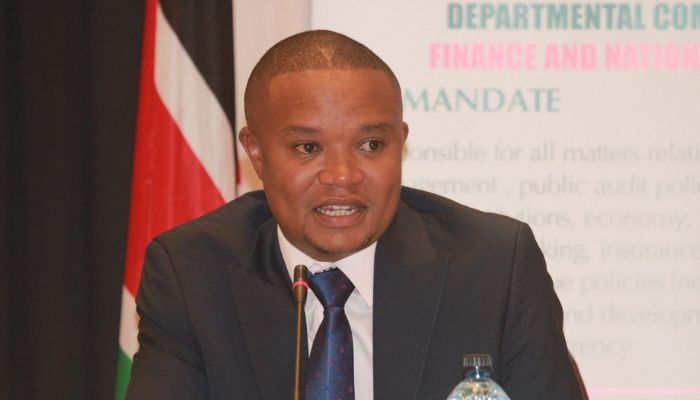
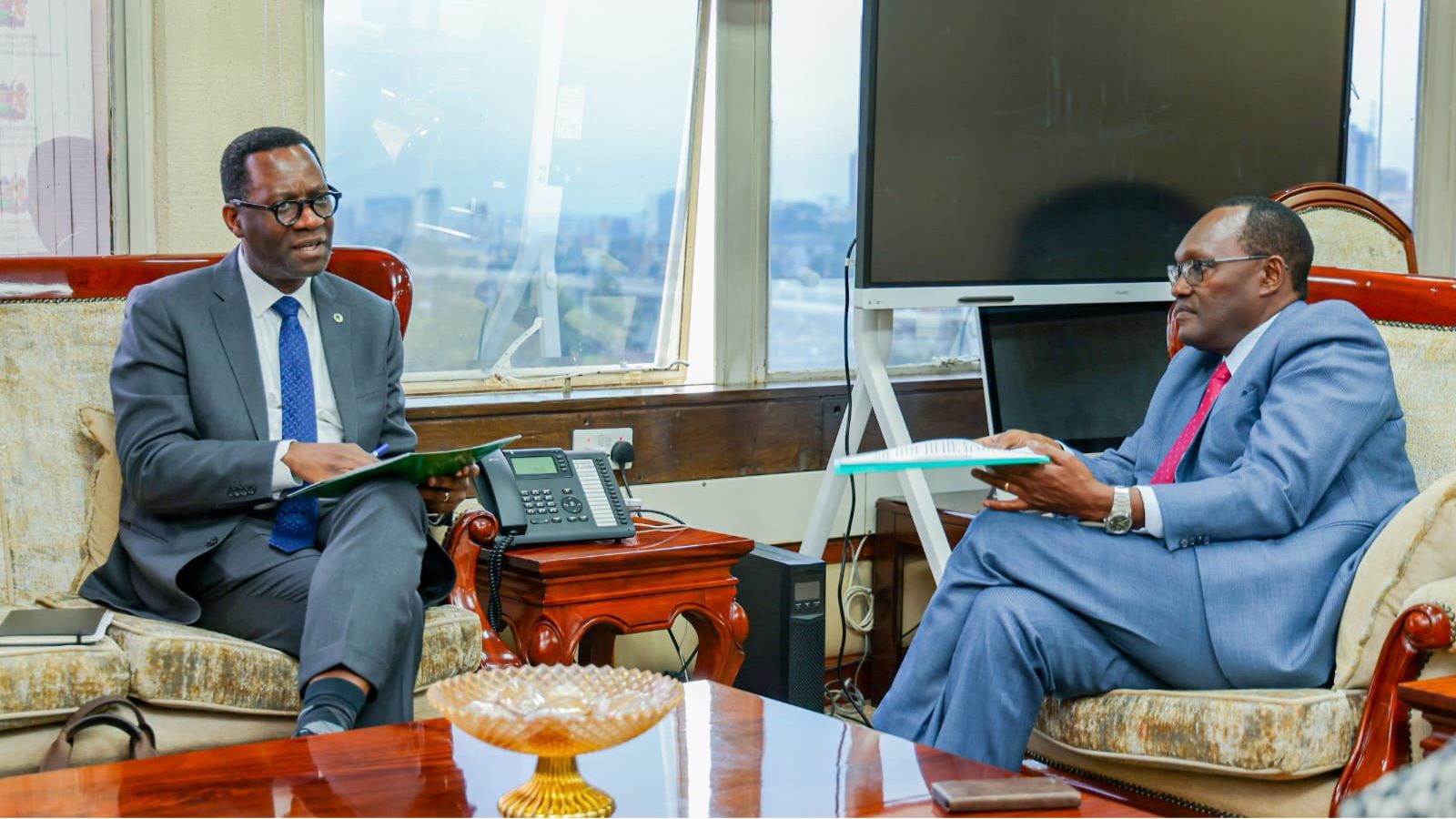
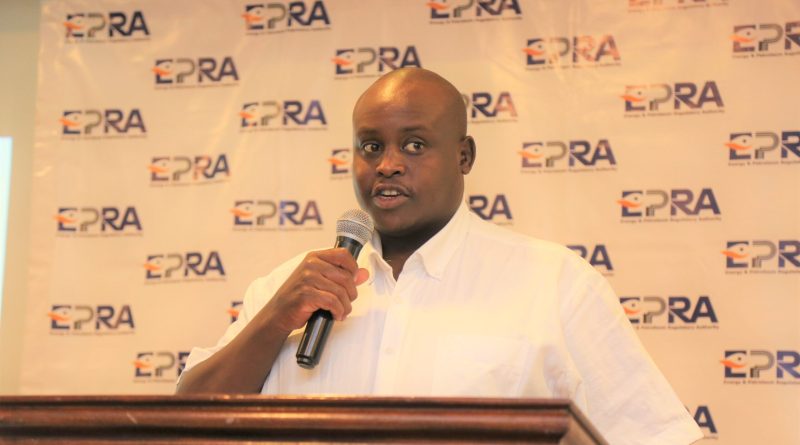
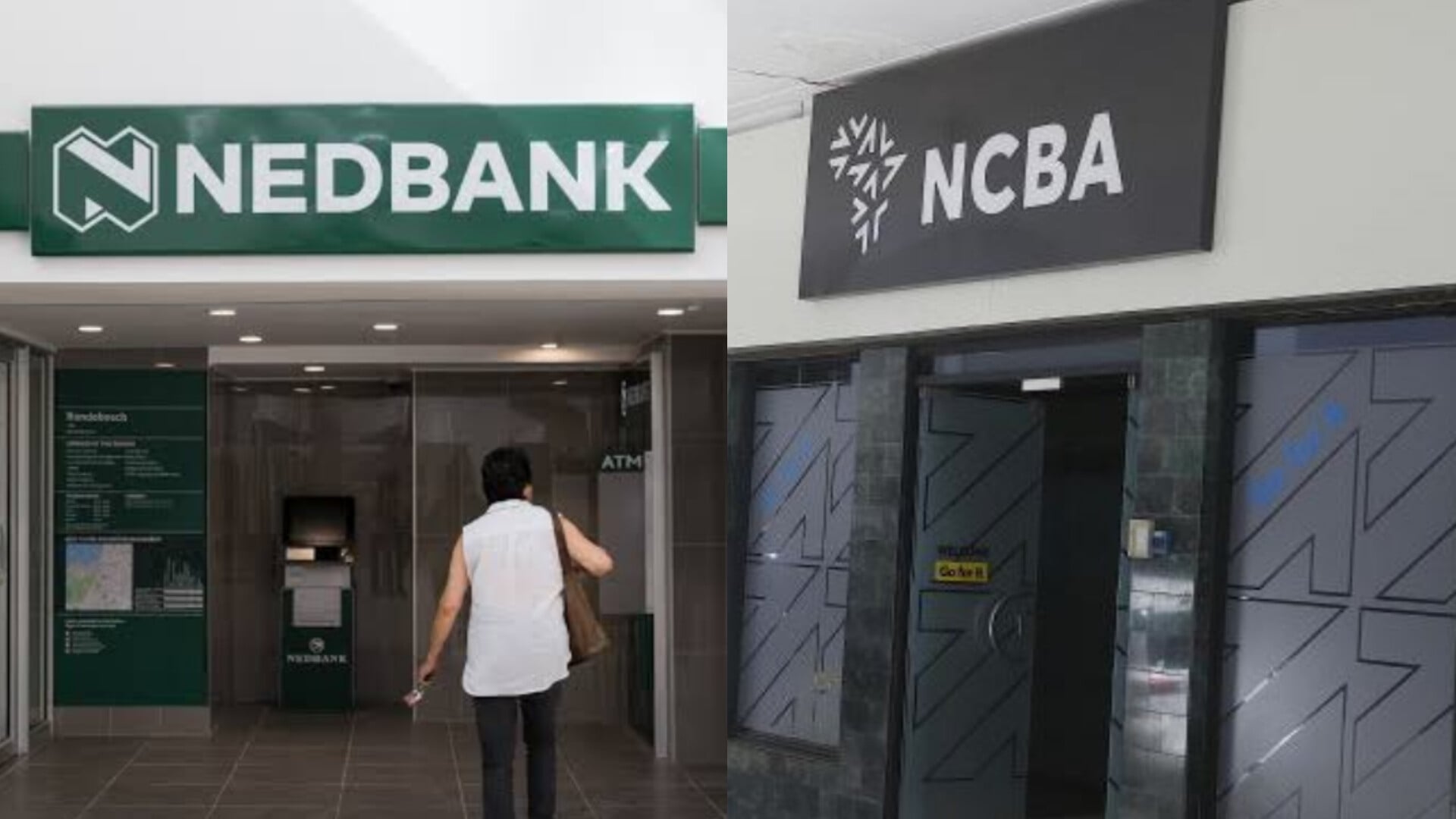
-1771737995.png)
